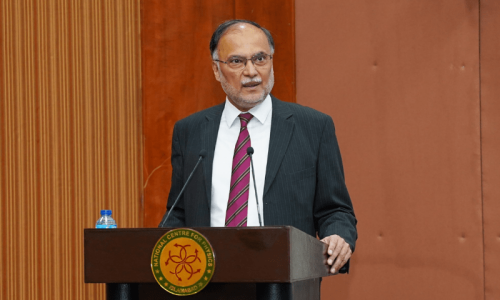On July 23, 2025, Pakistan and Afghanistan signed a landmark Preferential Trade Agreement (PTA) in Islamabad, aimed at revitalizing and simplifying bilateral trade. The agreement, set to take effect on August 1, 2025, introduces significant tariff reductions on selected agricultural goods under a one-year Early Harvest Program, with a possibility of extension based on mutual review.
Under the terms of the PTA, Afghanistan will export fresh produce such as grapes, pomegranates, apples, and tomatoes to Pakistan. In return, Pakistan will export mangoes, kinnows, bananas, and potatoes to Afghanistan. For these goods, tariffs will drop dramatically from over 60% to 27%, offering a rare window of competitive trade advantages to growers and exporters on both sides.
The agreement was formally signed by Afghanistan’s Deputy Minister of Industry and Commerce, Mullah Ahmadullah Zahid, and Pakistan’s Commerce Secretary, Jawad Paul. It also establishes a PTA Implementation Committee, featuring officials from both countries’ commerce and customs ministries. This committee will meet monthly to monitor compliance, resolve trade bottlenecks, and ensure smooth operations.
Eligible goods will be verified using Certificates of Origin issued respectively by Pakistan’s Trade Development Authority and Afghanistan’s Ministry of Industry and Commerce, reinforcing transparency and regulatory coordination.
This deal follows a period of improving trade relations between the two neighbors. According to data from Afghanistan’s Ministry of Commerce, bilateral trade surpassed $1 billion in just the first half of 2025—an encouraging milestone given the region’s historical instability.
Reactions across platforms like X (formerly Twitter) have largely welcomed the PTA, framing it as a pragmatic move toward regional economic cooperation despite persistent security concerns at the shared border.
Overall, the agreement marks a meaningful attempt to reduce trade friction, foster economic interdependence, and offer economic opportunities to farmers and traders across both nations.
Published in SouthAsianDesk, July 23rd, 2025
Follow SouthAsianDesk on X, Instagram and Facebook for insights on business and current affairs from across South Asia.




![Collage of COAS Field Marshal Munir [L] and US President Donald Trump. — ISPR/AFP](https://southasiandesk.com/wp-content/uploads/2025/06/18090415659519a-2.jpg)